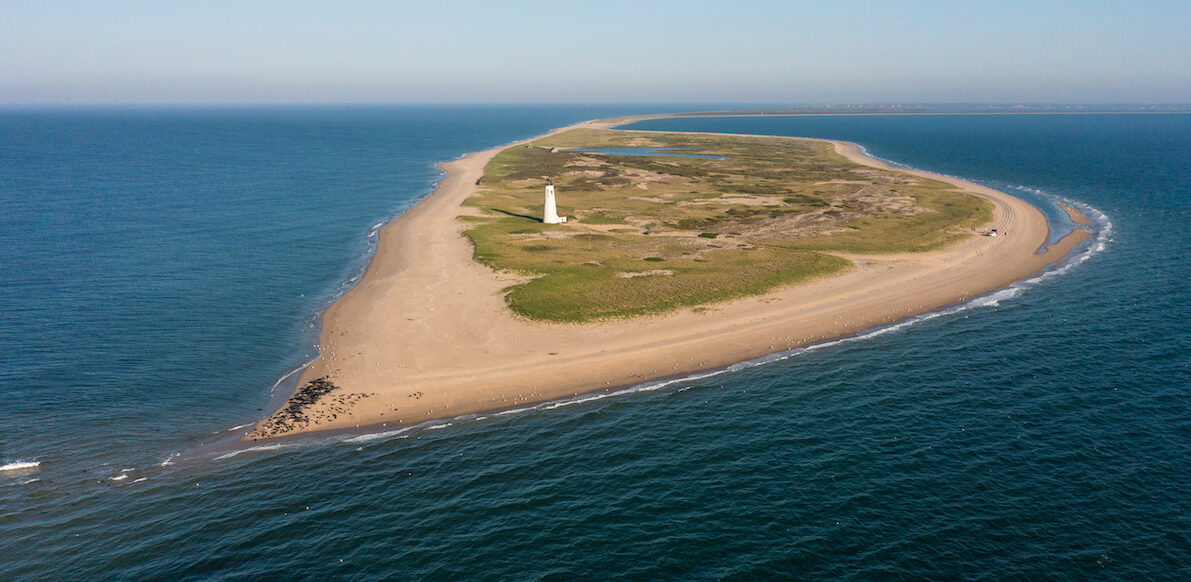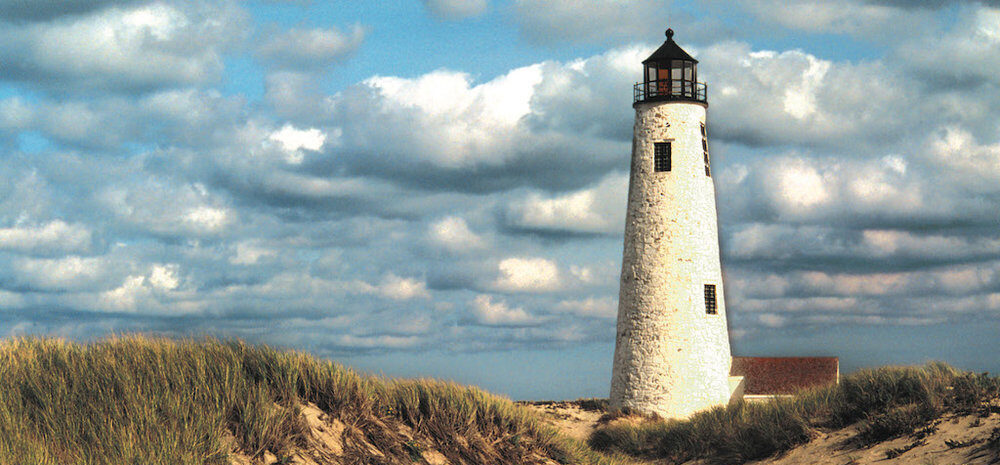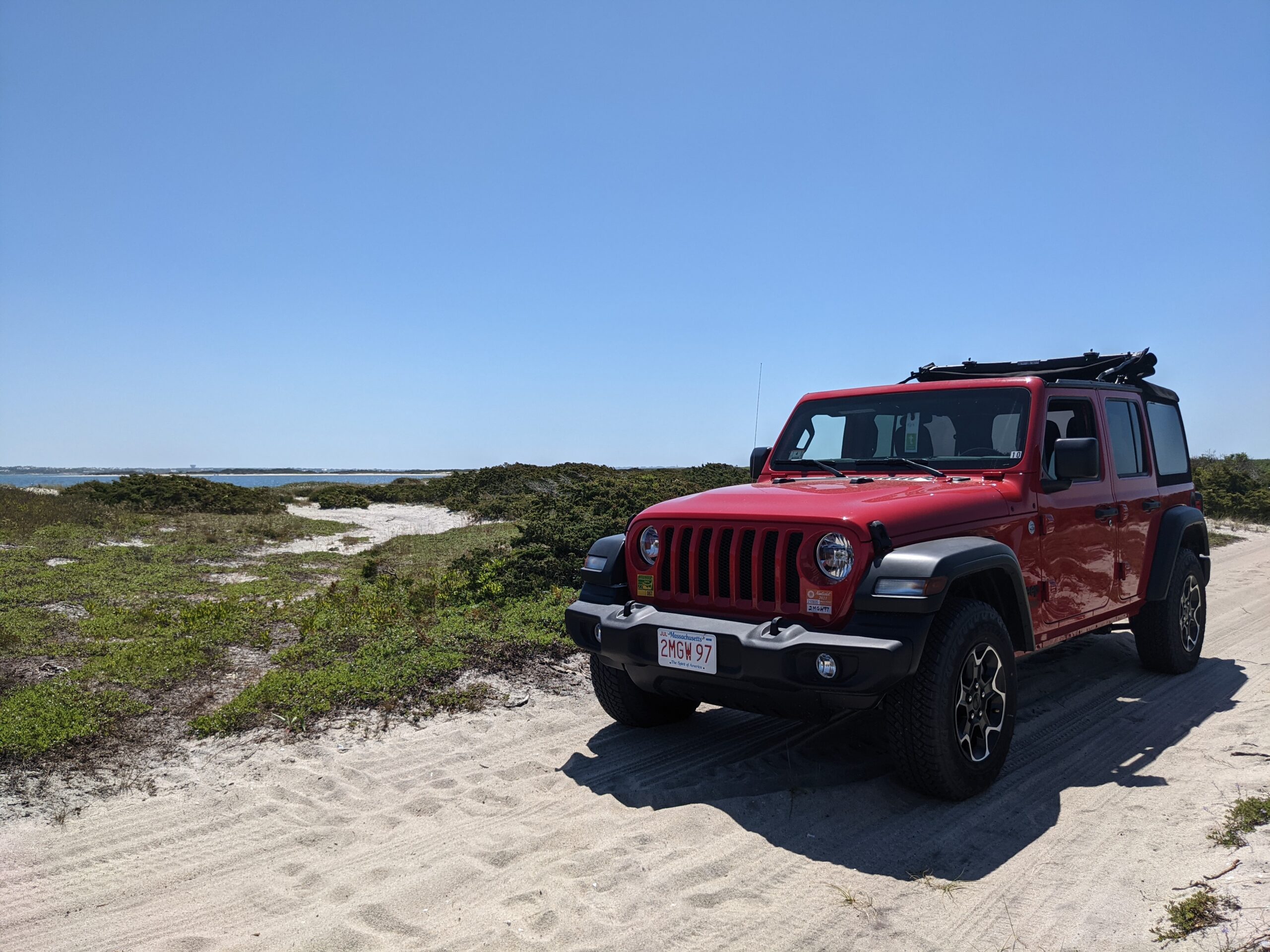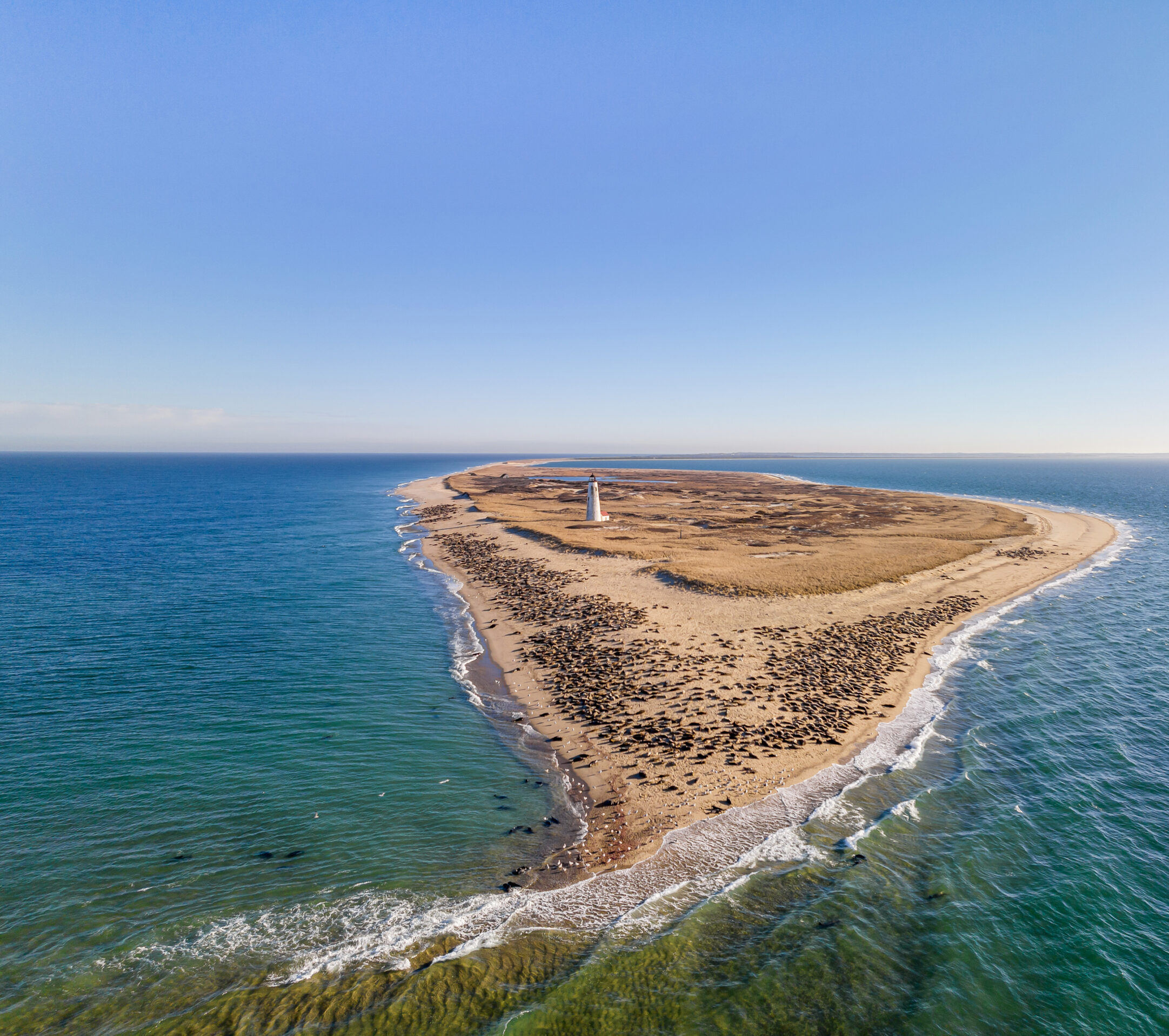Rules and Code of Conduct
Our rules will be enforced, and our code of conduct will be based around respect for other visitors, so as to avoid conflicts or diminished visitor experience. Staff clearly present all rules and enforcement is consistent and firm. All permit holders will sign an agreement to abide by these rules and the code of conduct. This agreement also indemnifies The Trustees, NCF, and USFWS against damages. Trustees train staff in de-escalation to ensure a safe and enjoyable environment for all visitors. However, staff will provide a warning or removal of OSV permits and privileges for violations of the rules and regulations.
- Dogs are allowed between September 16 and March 31. Dog owners must clean up after their dogs and must be under their owner’s control at all times.
- Dogs are prohibited between April 1 and September 15. This is when high visitor use and the potential and/or presence of rare shorebirds occurs. To a tern or plover, a dog is a predator and may disturb feeding chicks. Prohibiting dogs during the shorebird season significantly reduces the risk of disturbance to plover and tern chicks. Service animals specifically trained to aid a person with a disability are allowed year-round. This excludes emotional support animals.
- Kite flying and kiteboarding is prohibited within 200 yards of nesting or territorial adult or unfledged juvenile Piping Plovers or tern colonies. Kites can cause adult plovers and terns to fly from their nest, thinking that it is a predatory bird.
- Oversand vehicle (four-wheel drive) access is by valid permit only.
- Tires must be deflated to 12-15 psi before entering the refuge complex to prevent damage to roads and to avoid getting stuck. Over-inflated tires make OSVs more prone to getting stuck and will create bumps in a sand road.
- Vehicles must use existing roadways and parking areas to prevent damage to wildlife habitat and vegetation. Driving off roadways is strictly prohibited and can cause serious damage to vegetation or kill wildlife.
- Speed limit: 15 MPH
- Speed limit: 5 MPH when adjacent to posted shorebird nesting habitat.
- Pedestrians must not enter wildlife habitat or nesting areas. Nesting wildlife is sensitive to human disturbances. Habitats can be impacted by pedestrian use.
- No open fires.
- Permits are required for parties greater than 10 people. The Refuge Manager provides approval and permits of large parties.
- The refuge is closed between Sunset and 9 am except for fishing or hunting. Other nighttime activities are often associated with unauthorized activities.
- Conduct which disturbs the tranquility of the refugees or its enjoyment by others is prohibited. Respect the peace and quiet of those around you in this wildlife refuge.
- Hunting will follow all state hunting regulations. Hunters will be allowed to hunt with the refuge manager’s permission.
- Shellfishermen will follow shellfishing regulations.
- Fishermen will follow catch limit regulations and will follow state saltwater fishing regulations.
- Vehicles and pedestrians are prohibited from within 50 feet of stranded and hauled-out seals. Seals are disturbed by the presence of humans. A 50-foot buffer for individual seals will typically avoid undue disturbances. For haul-out sites with groups of seals, a larger buffer is needed because they are usually staying at a site for extended periods and are more wary of human disturbances.
- Bicycles are not allowed on the refuge.




